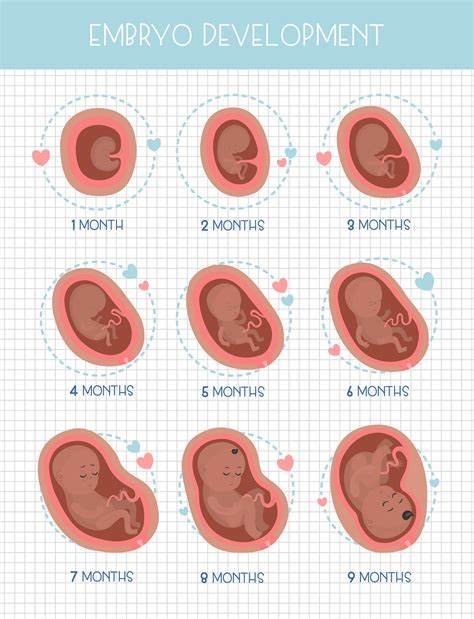
The Best Foods for Heart Health
Maintaining heart health is essential for overall well-being, as the heart is responsible for pumping oxygen-rich blood throughout the body. A healthy diet plays a crucial role in preventing heart disease and improving cardiovascular health. By incorporating heart-healthy foods into your daily meals, you can reduce the risk of hypertension, high cholesterol, and other heart-related conditions. This article explores the best foods for heart health, including nutrient-packed choices that can help keep your heart strong and reduce the risk of cardiovascular disease.

Fatty Fish: Rich in Omega-3 Fatty Acids
Benefits:
Fatty fish are a great source of omega-3 fatty acids, which have been shown to lower triglyceride levels, reduce inflammation, and prevent blood clots. These essential fats also help lower blood pressure and decrease the risk of arrhythmias (irregular heartbeats).
Top Choices:
- Salmon: High in omega-3s and vitamin D, which support heart function.
- Mackerel: Rich in omega-3s and low in mercury.
- Sardines: A cost-effective source of omega-3s, calcium, and vitamin D.
- Tuna: Offers a healthy dose of omega-3s and protein.
Recommended Intake:
Aim to consume at least two servings of fatty fish per week to reap the heart-health benefits.
Nuts and Seeds: Packed with Healthy Fats
Benefits:
Nuts and seeds are loaded with unsaturated fats, fiber, and protein, all of which help to lower “bad” LDL cholesterol and improve heart health. These foods also provide important vitamins and minerals, including magnesium, which supports blood pressure regulation.
Top Choices:
- Almonds: High in monounsaturated fats, fiber, and vitamin E.
- Walnuts: A rich source of omega-3 fatty acids and antioxidants.
- Chia Seeds: Loaded with fiber, omega-3s, and calcium.
- Flaxseeds: Excellent source of omega-3 fatty acids and fiber.
Recommended Intake:
A handful (about 1 ounce) of nuts or seeds per day is sufficient to support heart health.
Berries: Antioxidant-Rich Superfoods
Benefits:
Berries such as blueberries, strawberries, and raspberries are rich in antioxidants, particularly flavonoids, which can help reduce inflammation, lower blood pressure, and protect blood vessels. The fiber content in berries also supports heart health by helping to lower cholesterol levels.
Top Choices:
- Blueberries: High in anthocyanins, which reduce oxidative stress.
- Strawberries: Rich in vitamin C, fiber, and antioxidants.
- Raspberries: High in fiber and contain compounds that support blood vessel health.
- Blackberries: Packed with antioxidants and heart-healthy nutrients.
Recommended Intake:
Enjoy a serving of berries daily, whether fresh, frozen, or added to smoothies, salads, or oatmeal.
Leafy Greens: High in Vitamins and Minerals
Benefits:
Leafy green vegetables are nutrient-dense and low in calories, making them an excellent choice for heart health. They are rich in potassium, magnesium, and fiber, all of which help regulate blood pressure and support overall heart function.
Top Choices:
- Spinach: High in potassium, folate, and vitamins A, C, and K.
- Kale: Packed with fiber, antioxidants, and vitamin C.
- Swiss Chard: Rich in magnesium and potassium.
- Collard Greens: Provide calcium, fiber, and heart-healthy antioxidants.
Recommended Intake:
Aim for 2-3 servings of leafy greens per day, either cooked or raw.
Avocados: A Heart-Healthy Fruit
Benefits:
Avocados are a great source of heart-healthy monounsaturated fats, which help reduce bad cholesterol levels and improve overall cardiovascular health. They are also rich in fiber, potassium, and antioxidants, which support heart function and help lower blood pressure.
Top Benefits:
- Monounsaturated Fats: Help reduce LDL cholesterol.
- Potassium: Aids in regulating blood pressure.
- Fiber: Supports healthy digestion and cholesterol levels.
Recommended Intake:
Half an avocado per day is a good serving size to benefit from its heart-healthy fats.
Conclusion
Eating a heart-healthy diet doesn’t require drastic changes; rather, it’s about making mindful food choices that nourish the body and support cardiovascular health. Incorporating these nutrient-dense foods into your daily meals can help protect against heart disease, improve heart function, and promote overall wellness.
Remember, it’s not just about individual foods—it’s about a balanced, varied diet rich in whole foods, healthy fats, lean proteins, and plenty of fruits and vegetables. By making heart-healthy choices, you can support your cardiovascular system and enjoy a longer, healthier life.




